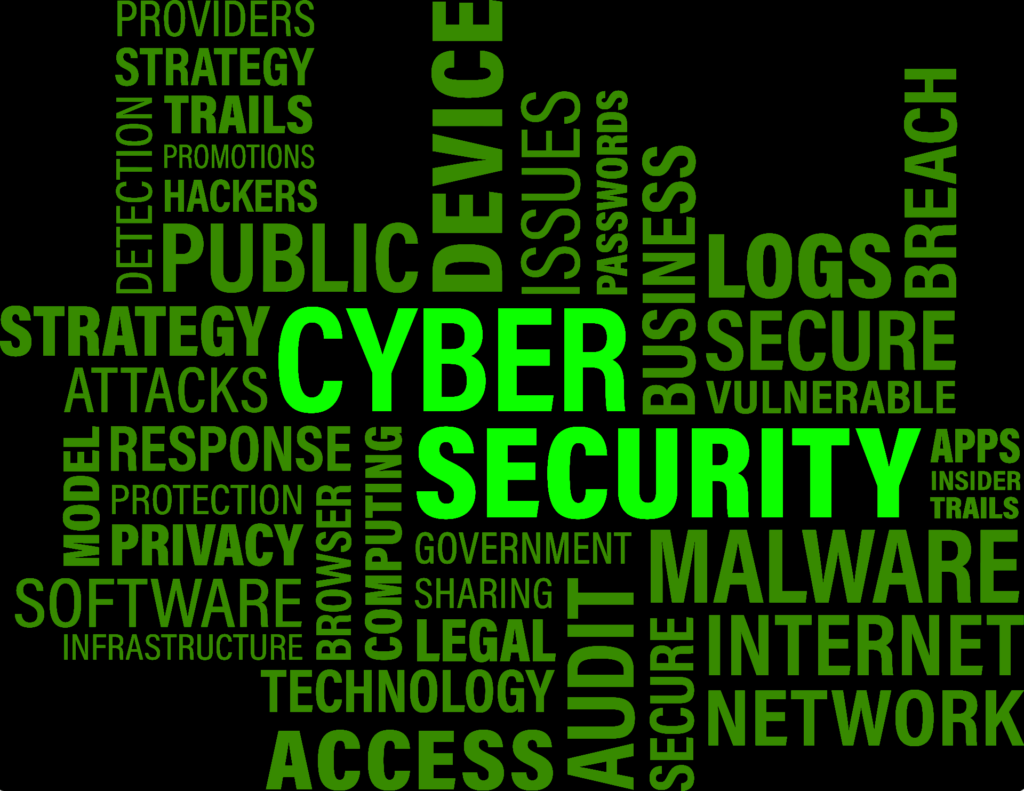Among the speakers of the day was our own officer in charge of online and distance learning, Mrs Preetima Nataraj who provided extensive insight into digital identity and security in Uganda and the world. Seasoned computer security and forensics expert Edison Kagona also gave an in-depth analysis of systems’ vulnerability to cybersecurity threats.
Presentation 1
Understanding progress of Digital Identity and Security by Mrs Preetima Nataraj
What is a Digital Identity?
According to Wikipedia: A digital identity is information on an entity used by computer systems to represent an external agent. That agent may be a person, organization, application, or device.
In simple terms, a digital identity is essentially any personal data existing online that can be traced back to the real you. For example, photos you’ve uploaded to social media, posts you’ve created or commented on, your online bank account or your search engine history.
Importance of digital identity
- Participate in socio-economic development
- Catalyze regional and global integration in the digital economy
- Growth and expansion of Business
- Access digital services and support
- Maintain control of APIs
- Participate in user-centric platforms
- Internet banking and payments
- Tourism
- Enjoying Citizenship Benefits like healthcare and insurance
Benefits of a digital identity
- Improving efficiency
Safeguarding data under one organized folder
- Wider inclusion and access
Rights to access a wide range of essential services and inclusions.
- Minimizing costs and regulations
Helping businesses minimize costs and avoid litigation issues drastically.
- Improving security and enhancing privacy
Proper digital identity management improves the security and privacy of data.
- A better customer experience
Faster turnaround times and fewer touchpoints, ensuring customers a better experience.
- High levels of accuracy
Availability of data in one place as and when required and ensuring better compliance as manual keying errors are reduced.
Uganda’s population on the digital economy
People in rural areas and women especially do not participate in the economy due to lack of access to digital services and not owning National Digital IDs.
Uganda stepped into the digital identity scheme by introducing
- National Electronic identity card in 2014 (NIC) (citizens of 18 + years)
Uganda’s functional identity landscape is characterized by continued investment and ambition to integrate government services and databases with the central digitized national identity database.
The four key functional identity systems in Uganda: biometric voter registration, business registration, access to healthcare, and financial inclusion.
- National Electronic identity number in 2015 (NIN) (By birth)
Free and compulsory registration of every child by birth to be identified as a citizen of Uganda.
- Conducting awareness program on the importance of digital identity
Emphasizing the need to avail the socio-economic benefits
- Mission and vision of introducing NIN and NIC
To enhance growth, development and security of people’s data through digital identification.
How can a user protect his/her digital identity?
- Limit sharing the Social Security number
- Using strong and unique passwords on each of online accounts
- Non-usage of unprotected webpage
- Not sharing your login credentials with others
- Shred documents containing personal information before discarding
- Non-usage of public or unprotected WIFI networks
- Review permissions and privacy policies
- Update software and backup data regularly
Presentation 2
Introduction to Cybersecurity by Edison Kagona
What is cybersecurity?
The term cybersecurity is used to refer to the protection offered through online services to protect your online information.
With an increasing number of people getting connected to the internet, the security threats that cause massive harm are increasing.
Why is cybersecurity important?
- It helps in securing data threats such as data theft or misuse
- Also safeguards your system against viruses.
- Protects information from unauthorised access and disclosure.
- Protecting information from unauthorised modification.
“The smaller your organisation is, the more prone it is to cybersecurity threats.”
-Edison Kagona Msc computer security and forensics
As a pro-technology university, we emphatically foster secure cyber practices and continue to take lead in the sensitisation of the general populace about the same.
For this reason, we will host and take part in webinars curated by people with the same vision. For more information on how to take part in or partner with us for our interventions, please contact our officer in charge of online and distance learning on [email protected]












